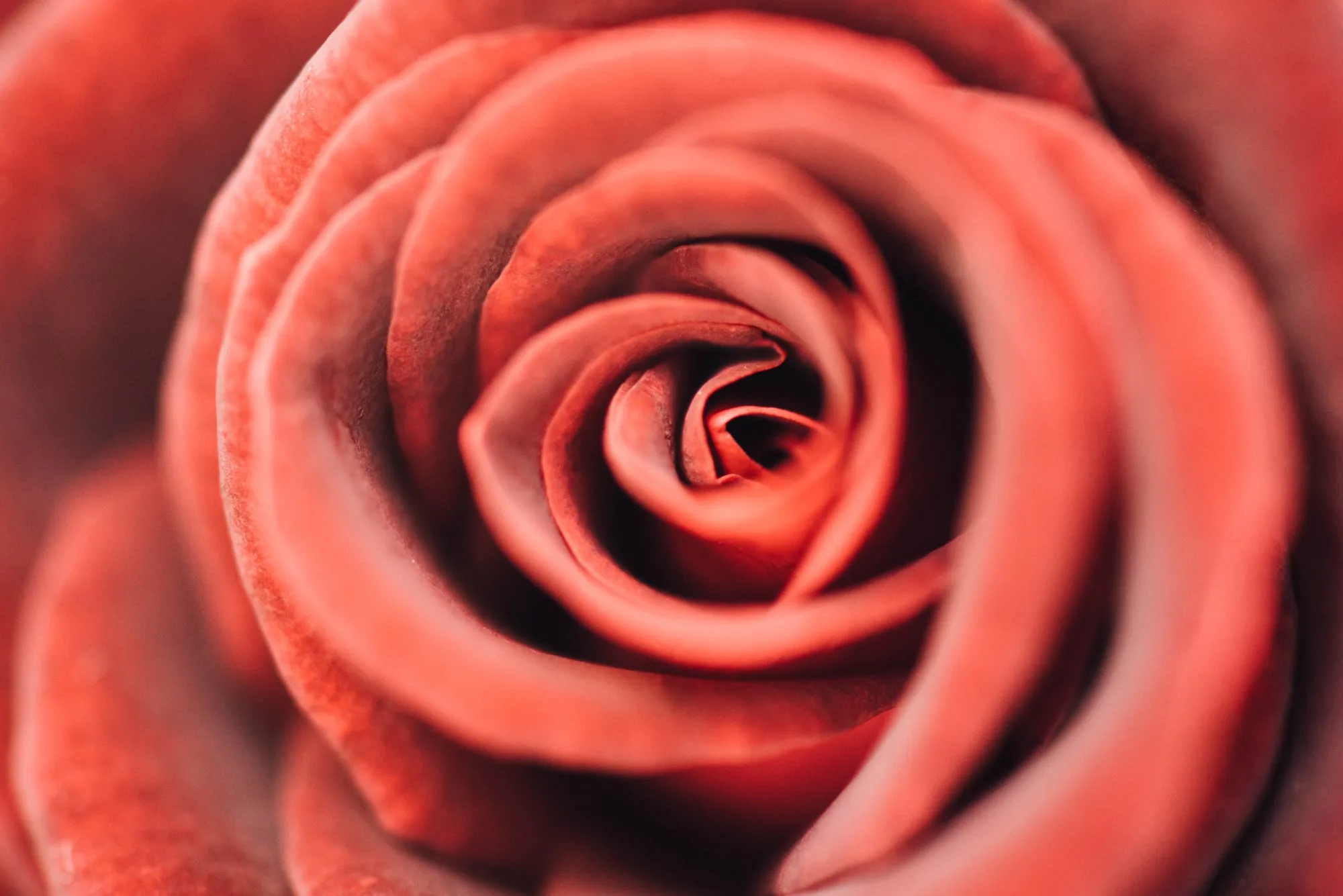The right foods can affect every organ in our bodies – and that includes our vaginas, be it by spicing up our sex life or reducing the risk for a urinary tract infection. And while many women associate cranberry juice as the best food to ensure vaginal health, there are other foods that can provide good health.
The best foods for vaginal health
Apples
An apple a day may keep the doctor away, but it could also boost your sex life. According to a study, the content of phytoestrogen phloridzin and antioxidants found in apples helps to stimulate vaginal blood flow (making it easier to have an orgasm) as well as promote better sexual function and lubrication.
Avocado
Rich in healthy monounsaturated fats and vitamin E, avocados can help your body produce sex hormones, thus reducing the chances of vaginal dryness (often characterized by painful intercourse). Furthermore, their healthy fat content (alongside their vitamin B6 and potassium) also helps to enhance libido, lubrication and strengthen vaginal walls.
Cranberry juice
It’s no surprise that this food makes the list, and for good reason. Fresh cranberries or cranberry juice (natural and free of added sugar) are rich in antioxidants that fight off bacteria that can cause urinary tract infections.
Leafy greens
Rich in nutrients, leafy greens, such as kale and spinach, help to enhance circulation as well as increase stimulation.
Salmon
Salmon, along with other fatty fish, contains plentiful amounts of omega-3 fatty acids. These fatty acids not only help improve vaginal dryness in menopausal women, but they can also help reduce menstrual pain. Other foods rich in omega-3 fatty acids include flaxseed oil, eggs, walnuts, and soybeans.
Soy
Soy contains phytoestrogens, which are compounds that mimic estrogen in the body. Low levels of estrogen in the body – resulting from medications or menopause – can lead to vaginal dryness. When looking to add soy products to your plate in hopes of combatting vaginal dryness, opt for edamame, tofu, tempeh, and miso, which are all minimally processed soy products.
Sweet potatoes
Sweet potatoes contain vitamin A, which can help ensure healthy vaginal and uterine walls. According to a study published in the journal Nutrients, vitamin A encourages the production of sex hormones.
Yogurt (plain)
A healthy vagina contains plenty of good bacteria (Lactobacillus) which helps in the prevention of a yeast infection. However, if the balance of good bacteria in your vagina is altered (due to reasons ranging from medication to birth control) then this increases your risk of developing a yeast infection. However, probiotic-rich foods such as plain yogurt can help provide better bacteria, which can help prevent yeast infections.
Although these foods can help encourage a healthy vagina, it’s important to remember that your vagina is an expert at protecting and cleaning itself. So stay away from all forms of douching, practice good hygiene, enjoy safe sex, and be sure to regularly visit your gynecologist.
Want to find out more? Click here to find out what you need to know about yeast infections and how to avoid them.



![women [longevity live]](https://longevitylive.com/wp-content/uploads/2020/01/photo-of-women-walking-down-the-street-1116984-100x100.jpg)










